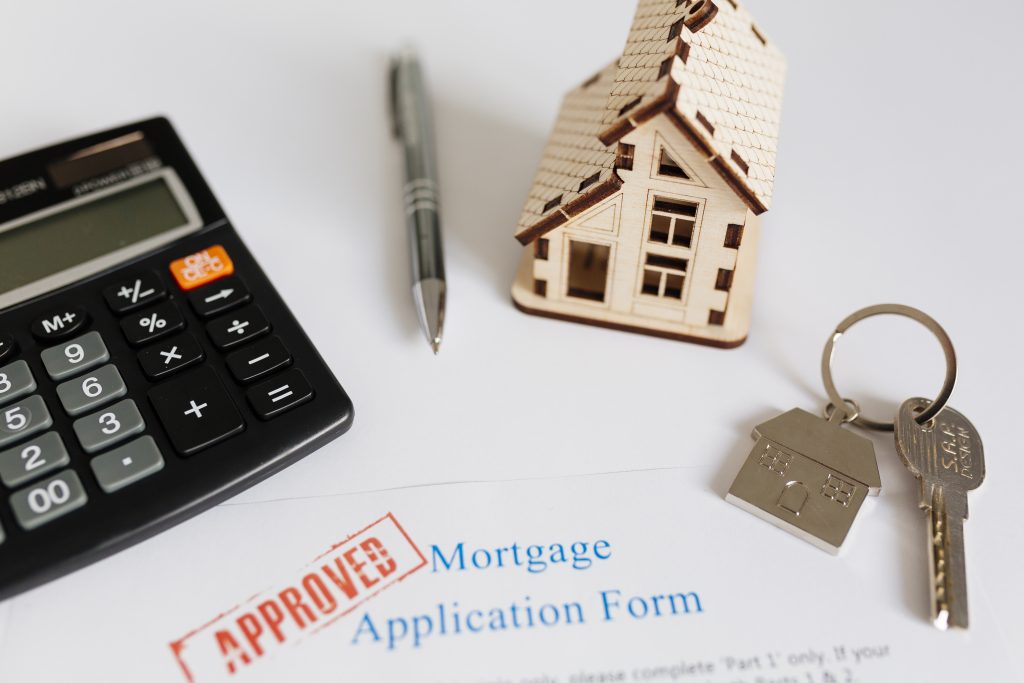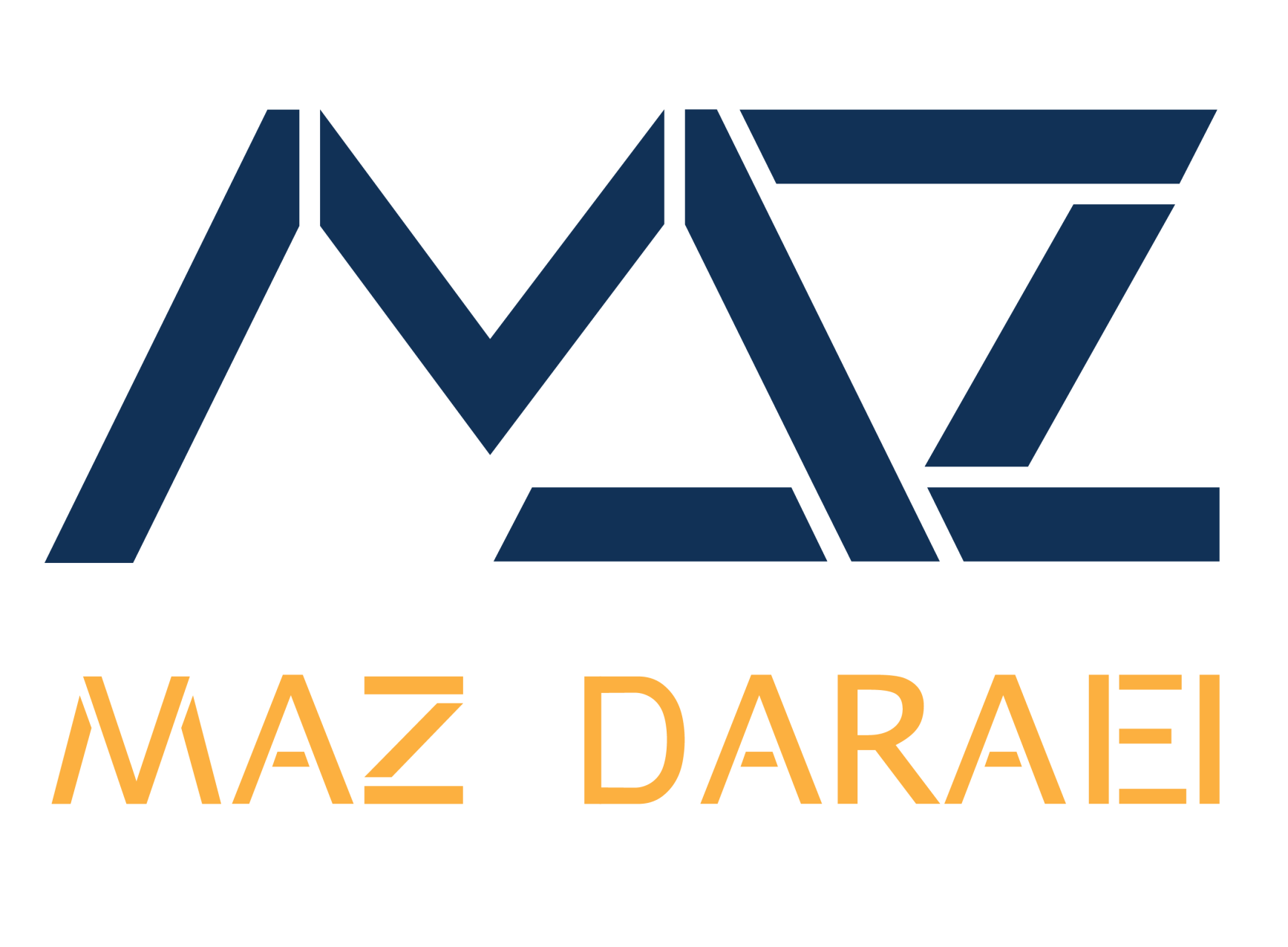
Purchase

Whether you’re a first-time homebuyer, looking to upgrade or downsize, buying a vacation home, or investing in rental properties, we’re here to help you every step, from pre-approval to moving in.
What Is the Process?
Here’s an overview of the typical process for obtaining a first mortgage:
- Pre-Approval
- Find a home
- Make an offer
- Offer acceptance
- Complete a mortgage application
- Underwriting
- Mortgage approval
Tips for First-Time Home Buyers
Improve your credit score
Budget for a down payment
Shop around for lenders
Get pre-approved
Be realistic about your budget
Factor in additional costs
Keep your financial situation stable
Consult a professional
First-Time Home Buyers FAQs
What do lenders look at when approving a mortgage?
When approving a mortgage, lenders consider your credit score, monthly income, debt-to-income ratio, background information (such as credit history), and the property's condition and value.
How do pre-approval and full approval differ?
Pre-approval gives you an estimated borrowing amount, while full approval happens after you make an offer and involves a deeper review of your finances. Pre-approval does not guarantee financing, and it’s not always advisable to remove the financing condition when making an offer on.
What can I use for a downpayment?
You can use your savings, a cash gift from a family member, borrowed funds such as lines of credit, or equity from selling another property. Additionally, if you're a first-time homebuyer, you can access up to $35,000 from your RRSPs.
What is a mortgage default insurance?
This mandatory insurance policy for those purchasing a home with less than a 20% down payment is commonly referred to as a high-ratio mortgage.
What is the maximum amortization period for a high-ratio mortgage?
The maximum amortization for a high-ratio mortgage was 25 years. However, recent changes allow first-timers and all new-build buyers can extend an insured mortgage to 30 years.
What should I expect for closing costs?
Closing costs usually range from 1.5% to 4% of the home’s purchase price.
The Bottom Line
Getting for your first home is an exciting step, but it’s essential to understand the process and your options. A mortgage broker can simplify this journey by offering expert guidance, a range of loan options, and negotiation support.
Thinking about purchasing a new home? Get expert guidance on your mortgage options.
SCHEDULE A FREE CONSULTATION
